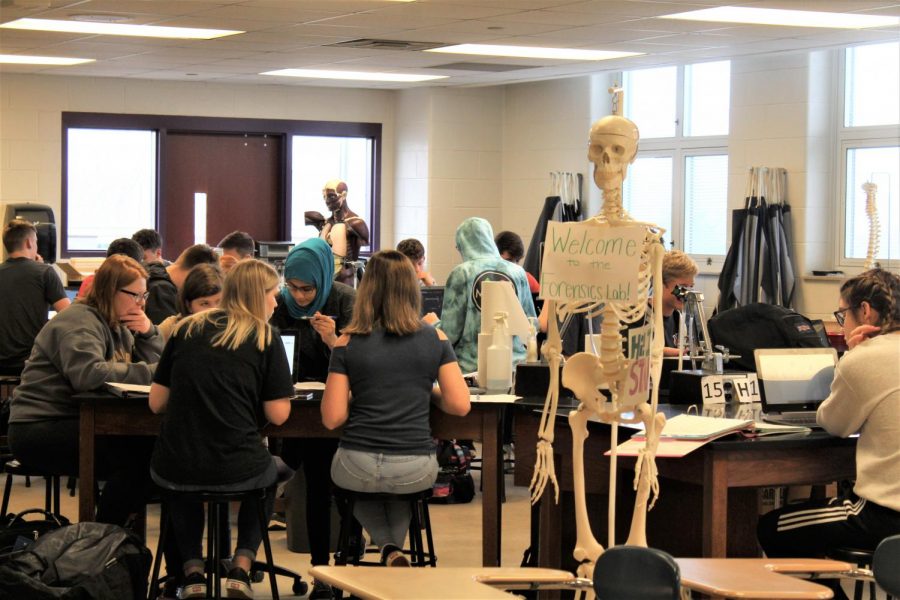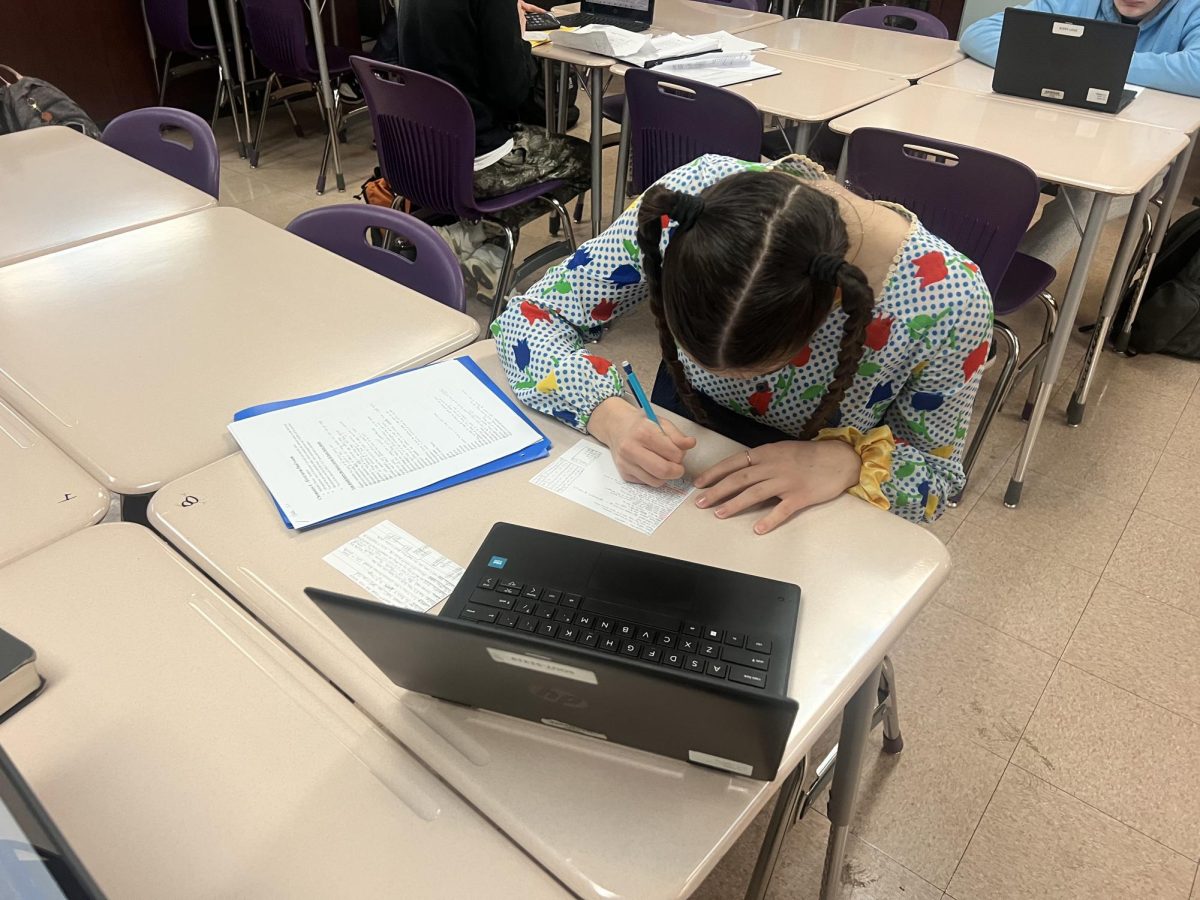“What the hell is going on with Global Wa[r]ming? Please come back fast, we need you!” Donald Trump tweeted about the polar vortex.
A pattern of disbelief and ignorance in regards to climate change has arisen in recent years. Although climate change is a proven concept (see here for a study released explaining the impacts of global warming), many still seem to be either unaware of its effects or in denial of its existence.
Trump’s tweet, for example, lacks factual backing. Climate change is a change in global or regional temperatures over time, which means that smaller instances of cold-extreme-weather are possible and expected. In fact, the polar vortex is thought to be a consequence of climate change.
Misconceptions such as these are not uncommon, and I believe they stem from a failure within our education system in which students are not properly educated on the workings of the environment and the effect that we as humans impart upon our planet.
High-school-science curriculum often lack adequate opportunities to learn about the environment. An example of this can be seen at South.
Environmental studies are not well integrated into the South curriculum. In fact, there are only three opportunities to learn about the environment in a classroom setting at South: earth space science (often seen as a less rigorous alternative to biology and typically avoided by academic honors track students), a 1-2 week unit on the carbon cycle/etc in biology and AP environmental science (APES). Although APES is a course offering, it is taken by a minority of students who attend South and is not required within the curriculum.
Climate change is becoming more widely accepted as a very real part of our future. According to the Yale Program on Climate Change Communication survey, 71 percent of Americans believe that climate change is happening. From the same survey, 50 percent believe they will be personally harmed by global warming, and 5 percent believe that humans can and will effectively reduce global warming.
Fifty percent expect to face the detriments of global warming, so why then are we not educating our youth on the effects of their actions? The social, environmental and economic implications of turning on a light? Why are we not racing to educate the future generation that will hold the fate of our planet in their hands?
The 30 percent of Americans who do not believe in climate change have a large presence within the media and politics; they can impact the way in which the environment is viewed and the ways it is protected or abandoned. It is crucial that we educate our future lawmakers on the urgency of our planet.
We are, more and more, finding that we cannot seem to “fact” people into supporting climate change. This often elicits a shocked response, and yet this problem stems from the very way we educate, and fail to educate, our youth. Climate education extends beyond just that of global warming. If we cannot correct something as simple as the way in which we approach, discuss and teach environmental education, we are headed for trouble.


